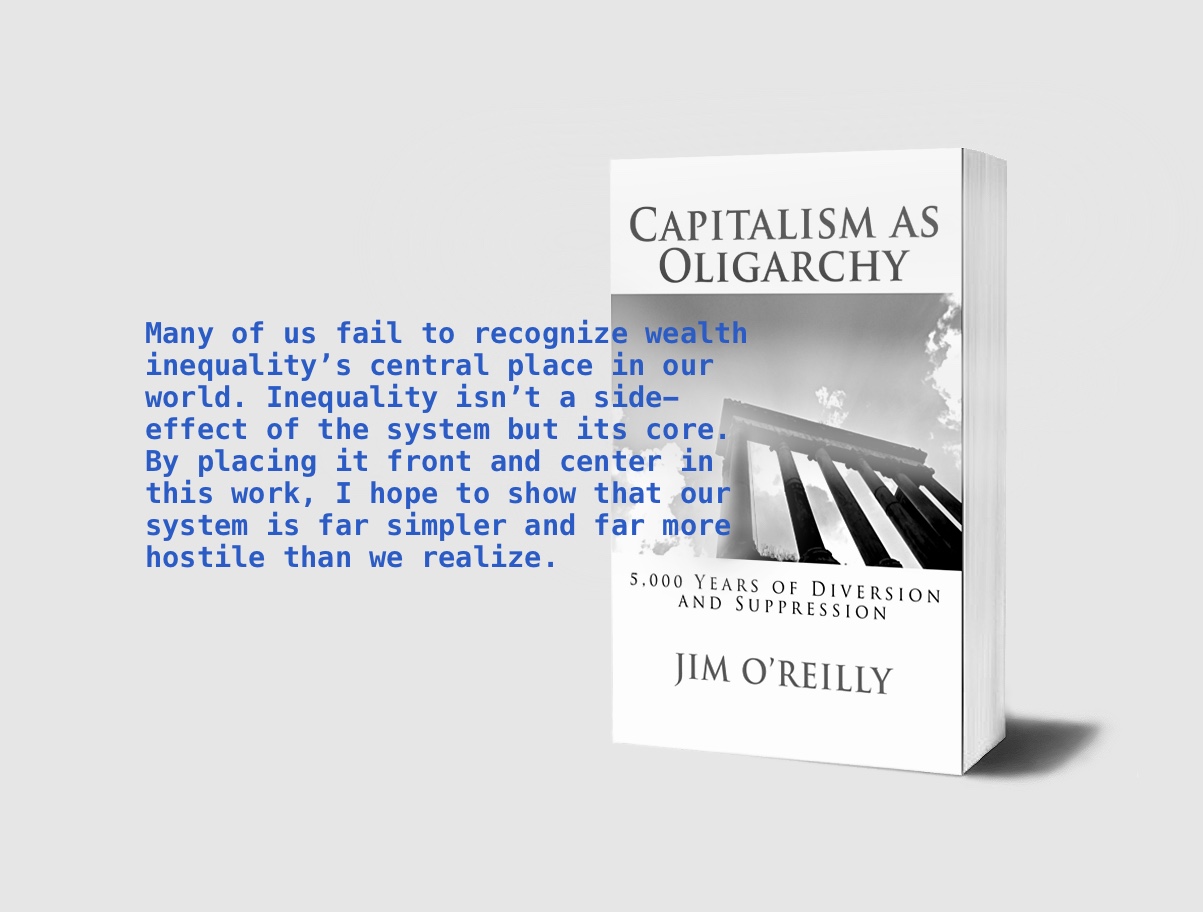A hatchet job in the New York Times on Denmark’s welfare state
What a hatchet job by the New York Times today on Denmark’s welfare state! In a piece that could have been written by Paul Ryan or the most right wing Chicago economist, Denmark’s system is condemned without nuance and without the niceties of even one differing opinion. The Times and the author, Suzanne Daley, should be ashamed of themselves.
The article completely ignores the plain and simple fact that human productivity is at stratospheric levels and the real global problem within capitalism is far removed from a need to squeeze ever greater work out of people. The problem, in fact, is exactly the opposite; we have no freaking idea how to go about employing everyone. Unemployment and under-employment are the central issues everywhere, not, as Daley suggests, a lack of a work ethic. We’ve clearly solved the production problem and it’s far past time we move beyond it. In the eloquent words of John Kenneth Galbraith,
“To have failed to solve the problem of producing goods would have been to continue man in his oldest and most grievous misfortune. But to fail to see that we have solved it, and to fail to proceed thence to the next tasks would be fully as tragic.”
So, people of the small nation state of Denmark have decided that the great richness of human productivity should be, at least to some degree, widely shared. But speaking as if it were an objective fact rather than a right wing opinion, Daley decrees this to be a fault. There are limits to how well people can live collectively and Denmark has greatly exceeded them. Harking back to the welfare queen of Reagan, she cites a single mother, “pitiable” she implies, who receives $2,700 per month in welfare benefits, and then proceeds to identify such other “faults” as “dawdling university students” who receive free education, young pensioners, “cradle-to-grave” safety nets, free health care, child care support, and, God forbid, maid service for the elderly.
She states that “few experts here believe that Denmark can long afford the current perks” but doesn’t identify who these so called “experts” are and what interests they represent. Nor does she recognize the crucial question of what “afford” can mean in a world of massive productivity. She quotes an editor who claims “We need to be an agile society to survive”, but why is that? An animal in brute nature needs to be agile, but why would man need to be so in our current state of development? What are the forces which demand agility rather than perhaps friendliness, compassion, or community spirit? Are they physical forces of nature or are they mere products of our socio-economic system?
That this is a pure propaganda piece is displayed in the brightest of lights when she compares the percentage of people working in Denmark to the United States. Denmark wins this contest actually with 73% working versus 65% in the US. This would seem to demolish her entire thesis of a lazy pampered people but she’ll have nothing to do with mere empirical facts. “(C)omparisons are misleading”, she informs us, “since many Danes work short hours and all enjoy perks like long vacations and lengthy paid maternity leaves, not to speak of a de facto minimum wage approaching $20 an hour. Danes would rank much lower in terms of hours worked per year.”
Apparently there’s something improper about people having decent vacations and maternity leave. And what exactly is her point about a minimum wage of $20? What should it be, Suzanne? And on the facts about hours worked, had she checked with the OECD, she would have found that average hours in Denmark are actually higher than in France, Germany, and the Netherlands.
The people of Denmark should be proud of their relatively high level of social justice and well being. There are many people in Denmark and throughout the world, the “experts”, who seek to reverse these great gains, and their prime weapon is the false claim, based solely on the callous demands of the gods of finance, that despite massive productivity, we somehow can’t “afford” to live richly. This Times piece is nothing but an editorial for this viewpoint and would sit comfortably on the opinion pages of the Wall Street Journal.


And, if she had checked, she would have also discovered that US hours worked are lower than the Greeks. Thanks for the excellent take down.
Can we name one period when, or place where, capitalism provided full employment for every one that wants to work? But if we can envision a more egalitarian society, this question should be moot.
The sheer drudgery and mindlessness of most employment, and the environmental destruction from full employment renders this condition dangerous to our collective wellbeing.
The Danes seem to be on to something and I argue for larger welfare rolls.
nicely writen. thanks.